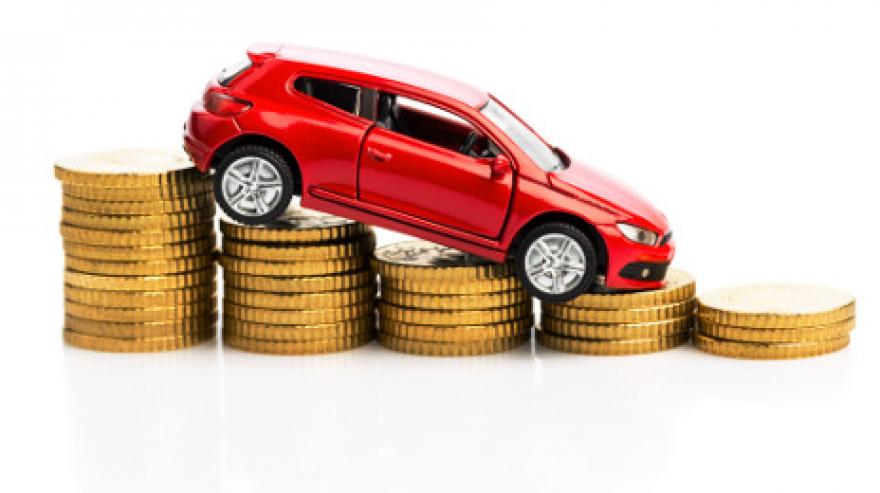How to Minimise Depreciation on Your Next Car
Unless you’re holding onto a prized vintage collectable, it’s a fact of life that every car begins to depreciate as soon as it has left the showroom floor. On the one hand, it’s a bit of a sickening feeling, knowing the car you purchased only minutes ago has already plummeted in value. However, that’s the nature of the game, and it does get you going! Not to mention, this is what allows you to score a bargain in the second hand market.
Nonetheless, everyday cars will continue to lose value up until the point where they have little to no resale value. But it pays to know that each individual car depreciates at a different rate. A lot of this is inherent, based on the model of the car itself, but knowing certain things before you purchase your next vehicle can help you minimise depreciation.

Pay attention to supply and demand
The rate of depreciation on a vehicle, and ultimately a car’s resale value, is influenced by the level of supply and demand for that particular make and model. Vehicle models with a good reputation for build quality, low operating costs, and critical safety features will fare better over the long run. A vehicle lacking in each of these areas will depreciate at a faster rate, especially if it is superseded by a newer model. On this point, be wary if you’re buying a run out model from last year!
Colour makes a difference
It might seem hard to believe, but the colour of your vehicle can have an impact on its depreciation. More conservative and traditional colours like white, silver and black tend to hold their value better, whereas ‘bold’ and striking colours alienate potential buyers and result in higher levels of depreciation. Also, stay away from any customised paint jobs that involve patterns or shapes.

Keep on top of maintenance
Maintaining your vehicle will go some way to mitigate the extent of depreciation. Buyers of second hand vehicles, including dealerships, favour vehicles which have been kept in good condition. Such buyers may even pay a premium – or at least not view the issue as another reason to squeeze you on the resale price. Keep a record of all the receipts and/or log book documentation for maintenance and repairs. Make sure the car is clean and free from any damage or unpleasant odours. First impressions count!
Mind your distance
The more kilometres you’ve managed to rack up on the odometer, the more the car will reduce in value. As the odometer reading increases, potential buyers will be concerned they inevitably need to make repairs, particularly major repairs. Again, if you’ve kept records of any maintenance efforts, this could help. Moreover, avoid putting the engine through more kilometres than you absolutely need to.
Research methodically
There are two particular areas of research you should look into. In both instances, you will want to do this before purchasing your next vehicle. First, look into the reliability of the vehicle in question. This might include reviews, or general perceptions among the market. Next, review the general resale value for the make and model, since history is usually a pretty useful indicator here. Certain makes and models, especially vehicles that are not fuel efficient, are quite simply unpopular. Therefore, it helps to have all the information in front of you.
Robert Hurst says:
Good Info.
October 1st, 2020 at 4:45 pm